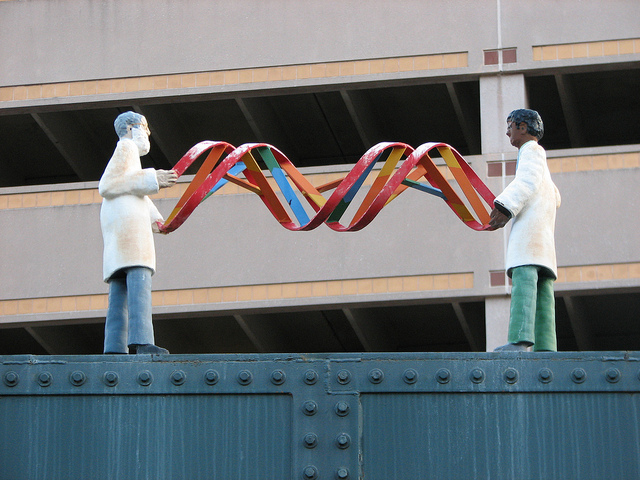Aggregated News

The US patent office ruled on Wednesday that hotly disputed patents on the revolutionary genome-editing technology CRISPR-Cas9 belong to the Broad Institute of Harvard and MIT, dealing a blow to the University of California in its efforts to overturn those patents.
In a one-sentence judgment by the Patent Trial and Appeal Board, the three judges decided that there is “no interference in fact.” In other words, key CRISPR patents awarded to the Broad beginning in 2014 are sufficiently different from patents applied for by UC that they can stand. The judges’ full 51-page decision explaining their reasoning stated that the Broad had persuaded them “that the parties claim patentably distinct subject matter.”
“The Broad landed a knock-out punch,” said Jacob Sherkow of New York Law School, an expert on patent law who has followed the CRISPR case.
The ruling means that, in the eyes of the patent office, breakthrough work by UC biochemist Jennifer Doudna and her colleagues on CRISPR — an ancient bacterial immune system that they repurposed to easily and precisely edit DNA — was not so all-encompassing as to...



